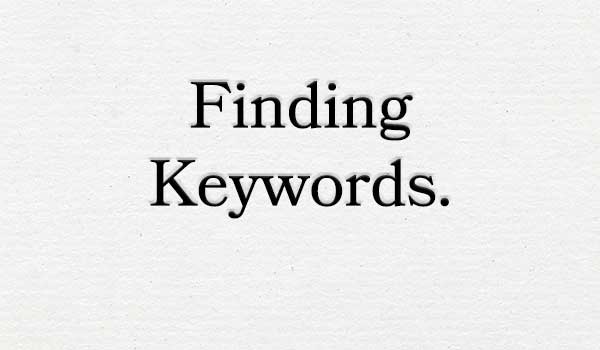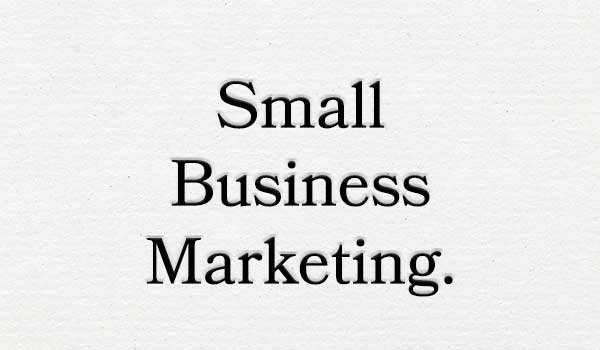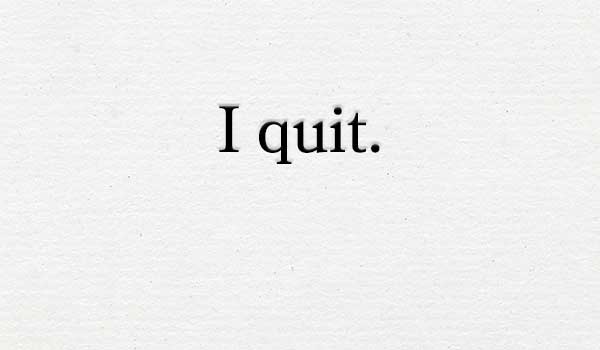Content marketing is easy. It just takes a talent for writing, hours of research, and constant upkeep. Here’s a broad view of how Creative Writer PRO puts together a content strategy. Use this method, and you’ll be able to put together a short-term strategy for almost any kind of small to medium business.
Content Marketing is all about visibility.
Which means Google. Every one of your potential clients is furiously pounding their search terms into Google, looking for someone to solve their problem. But no matter how good your work is, no one is going to know it unless you capture their attention in the mother of all search engines. Your strategy should focus on Google first.
Your first readers aren’t potential clients; they’re machines.
When devising a content strategy for marketing your services, you want to think about your readers. But your first readers are not your potential clients. Your first readers are machines. And really, what we’re talking about here are not nuts and bolts machines but programs written to “read” content by analyzing them as data.
Word choice, grammar, and basic craft definitely matter when building an article for marketing your business. But before you type the first word in your headline, you have to know which words to use to convince Google your article is useful. That’s the broad purpose of Google’s algorithm and the programs which employ it. They swarm over your post to determine, by the data it presents, it’s usefulness.
It doesn’t matter if you’re posting about thematic flow in contemporary British literature or which hiking boots are best; search engines are looking at how a reader might use the information you’ve included in your post. And it starts with the terms your readers are using to figure out how to solve their problem.
Which makes their problem your problem.
And your problem is finding out which search terms are the best ones. There’s a science to finding keywords, but there’s also an art to it. The art is putting yourself in your reader’s headspace. Open Google. Pretend you have their problem and start looking for answers. The science here comes after you get an idea of what kind of search terms people are using to define their issue, which terms they are then using to learn more about it, and finally, what magical, very specific phrases they are using which will bring them to your page.
There are thousands of articles about the process of choosing keywords and phrases for your content marketing strategy. You’ve already poked around in a couple of them, and now your brain hurts, and you want to go home. I don’t blame you. The methods for finding keywords make for dry reading. But you have to do it. You can read my take on the process, or you can go to any of the brilliant free online tools listed at the end of this post. Once you have your most important keywords, you’re ready to go to the next step.
Find more keywords.
Ugh. I know. You thought you were done. YOU KNOW THE BEST SEARCH TERM! You want to write this article and then get back to work providing the service and products you’re known for. But you’re not done yet. Don’t plan to rank for one word, plan for six. They should include the following:
- Your main keyword
- Adjacent search terms
- Alternate versions of your main keyword
- Various phrases containing all of the above
- Questions your potential clients ask about the problem you’re solving for them
Build your content marketing strategy around these terms
The terms you’ve picked will work for a single article, but they will also work for developing a strategy for your content marketing. Consider each of your chosen keywords and phrases as the subject for a separate article. If you’re looking at a twelve-week schedule, then you’ll want at least twenty-four posts (two per week), so you’ll need twenty-four variations of your search terms, plus enough versions of those to populate each article without too much overlap. So you don’t need one or five or ten keywords. You need about six per article or 144 keywords.



